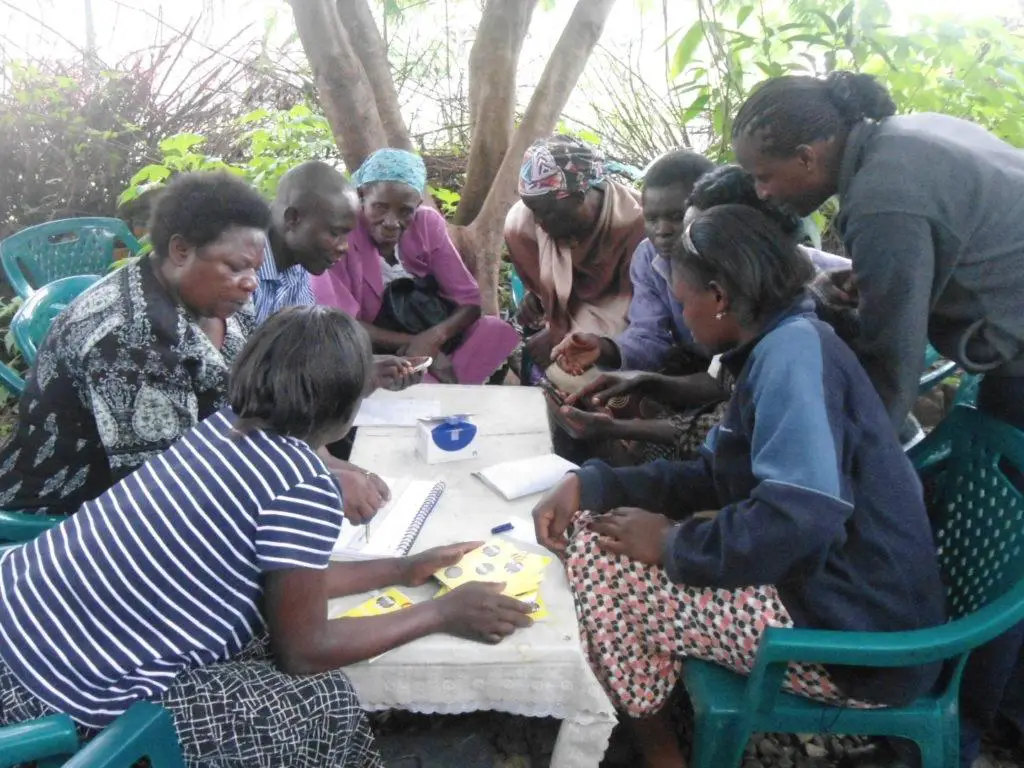- 57 per cent of those who took out loans from the mobile lending apps had them negatively affect their saving habits
- CBK disclosed that the use of mobile money hit a historic high in December last year when Kenyans transacted KSh 622 billion through mobile phones
- On average, Kenyans save between 6 per cent and 15 per cent of their monthly income, which is below Africa’s saving average of 17 per cent
A survey, Savings and Investments Behaviour Among Kenyans, by pension administrator Enwealth Financial Services shows that 68 per cent of the 244 respondents surveyed have applied for short-term personal loans from money lending apps.
The survey that was conducted in partnership with Strathmore University and the Institute of Human Resource Management (IHRM) has shown that the loans are taken from apps like Timiza, Tala, Branch, Fuliza, Finance Plan, Kuwazo, L-Pesa among others.
The study further revealed that 57 per cent of those who took out loans from the mobile lending apps had them negatively affect their saving habits. Only 17 per cent had a positive impact while 26 per cent felt no effect at all.
This has revealed a need for increased age-based financial literacy programmes that will equip Kenyans with skills to better manage their finances and debt, as most are unfamiliar with the exorbitant interest rates pegged on the digital short-term personal loans being offered by unlicensed loan providers.
The report recommended that education institutions introduce mandatory financial management subjects or units in the curriculum as early as possible.
It also stresses the need to sensitise the public on already existing avenues for saving and investments as well as financial institutions using social media platforms to reach out to members of the public.
Central Bank of Kenya (CBK) Governor Patrick Njoroge had announced new regulations guiding the activities of digital lending services, cracking down on previously unregulated operators in Kenya. The licensing deadline is set for September 17, 2022, and seeks to regulate mobile loan rates and treatment of defaulted credit to protect borrowers from predatory lending.
This comes after CBK disclosed that the use of mobile money hit a historic high in December last year when Kenyans transacted KSh 622 billion through mobile phones.
“This growth in mobile money is attributed to an increase in the use of digital transactions by firms and households because of the convenience and need to reduce physical contacts and contain Covid-19,” explained the CBK in its latest bank supervision report.
On average, Kenyans save between 6 per cent and 15 per cent of their monthly income, which is below Africa’s saving average of 17 per cent, according to a 2021 study by EFG Hermes, and also below the recommended minimum saving level of 20 per cent of income. This shows that savings and investments behaviour among Kenyans is largely affected by the available disposable incomes.
Why save?
Further, only 33 per cent save consistently with only 12 per cent of Kenyans have developed a saving culture, an indicator that Kenyans mostly save whenever there’s a need and not as a lifestyle.
Most Kenyans save for three major reasons; big purchases like buying a car, big expenses or big projects at 31 per cent, retirement at 30 per cent and future unforeseen expenses such as medical bills at 26 per cent.
What’s hindering savings
However, most Kenyans, 83 per cent, indicated a willingness to increase the amount of money they allocate to savings and investments, but the inability to save due to insufficient funds after fulfilling their obligations that require regular funding and the availability of quick digital loans.
Among their obligations which contribute to Kenyans’ financial strain is supporting their extended family which considerably bites into their savings. 84 per cent of people indicated that they regularly provide some income to their extended family, mostly in case of emergencies, because they feel a sense of obligation to send their extended families money and because their extended family members treat them better when they are sent money.
On their part, the extended family members mostly use the money to cater to recurring expenses like food & transport, school fees and medical expenses at 23 per cent, 19 per cent and 18 per cent respectively. Farm-related expenses like purchase of fertiliser ranked fourth at 14 per cent, phone and home upgrades came in fifth at 7 per cent while entertainment like Christmas celebration was sixth.
Where do Kenyans save
An interesting savings and investments behaviour among Kenyans had Saccos featured as the most popular saving avenue at 24 per cent. Pension through the current employer was the second most preferred instrument of saving at 20 per cent. Chamas and table banking were third at 15 per cent while bank savings and money market funds close the top five positions at 11 per cent and 10 per cent respectively.
Other avenues for savings included pension as a personal initiative, shares, mobile money, treasury bills and bonds.
There is a need to have more and better incentives such as tax breaks to encourage Kenyans to save more through retirement schemes.
Read: Kenya: Firms competing to boost digital savings, investments
